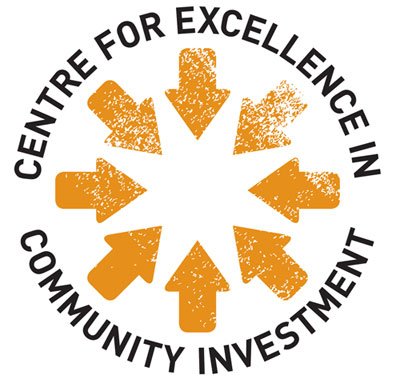
The view from: Optivo
Our blog series, The View From, explores how housing associations have been responding to the Covid-19 crisis. In this blog, William Miller, Director of Social Impact at Optivo, discusses how they’ve been responding.
As soon as the MHCLG issued its statement on supporting vulnerable high-risk individuals, it was clear that Optivo had a critical role to play within communities. This group of vulnerable residents not only included those aged over 70 years old, but also significant numbers of children with underlying health conditions.
We’ve adopted a layered approach, linking strategically with local authority hubs, recognising that we’re playing, and will continue to play, a significant role in community resilience. In Sittingbourne, Kent, we were asked to help with the management of a food hub distribution centre, ensuring food parcels are delivered to local vulnerable people.
By offering social support and playing a significant role in building our residents’ resilience, we’ve aimed to take pressure off the NHS.
Our primary objective is supporting our residents. There are also business drivers at play here: we want to keep as many people in jobs and help them to protect their household income and protect our rental income.
Our internal focus on supporting residents has accelerated with an urgent realignment of our services and our internal staff structures. We’ve combined with a necessary emphasis on providing services over the phone, digitally and through online support.
At Optivo, we’ve established a number of specialist collaborative service teams so that we can work more effectively. We’re being more vigorous than previously, pro-actively calling residents so we can be more responsive to their needs. This is our one team approach.
So while we’re helping to shield those residents who are most at risk, ensuring they can get food, access to medical support and social contact, we’re also focusing on supporting as many residents who are at risk of losing their jobs and income.
We’ve made over 23,000 pro-active, urgent support calls and have a number of multi-disciplined teams in action.
To protect our 5,300 residents who are over 70 years old living in our general needs homes, we’ve combined endeavours across Resident Involvement, Customer Service, and Health and Wellbeing teams into one effort. They’ve been proactively connecting with these older residents, and have established that 11% require food access information, while 8% are very isolated and need further social contact. Over 87% of our respondents told us they were re-assured by our call.
We’ve another team who are focused on residents living in our Independent Living Schemes. We’ve spoken to all of them, almost 4,000 people, and are now following up those initial calls, whether with befriending support, food shopping advice or just general help.
Our major collaborative project has brought together our Income Team, Financial Inclusion Team, Employment Support Team and specialist Micro-enterprise Support Team. They’re now all working together virtually to support 13,000 residents of working age, some of whom have additional support needs. The primary focus has been on providing specialist advice around employment and benefits. Many of the calls have been increasingly emotional, as residents are facing the risks of losing their jobs.
In the week before last, we made over 3,300 calls, and have flagged up 160 cases for specialist financial inclusion advice. We’ve also had over 1,000 Universal Credit sign ups from this group in the last five weeks, which is a significant number and change.
We’re also working with our ASB team and domestic abuse counsellors to enhance our therapy support phone service. We’re expecting to provide additional support for people as the confinement period impacts.
We’ve also refocused tasks for our youth workers, using them as digital content gatherers, so they can collate and disseminate information and support materials to vulnerable young people and families who are currently confined.
In the next few months, there’s a real opportunity for social housing organisations to be leaders in community recovery programmes. The driver for this should be around key areas of action where we can align our efforts with strategic partners and co-invest in community resilience, stimulus and recovery.
We have the infrastructure, grass roots alignment and potential to co-invest. We’re ideally placed to deliver around a number of themes, including community hardship recovery funds, jobs and trading programmes, young people, wellbeing programmes for those who have to continue to shield and those who’ve been through the trauma from Covid urgency.
As a group of housing associations, working through HACT, the Centre for Excellence in Community Investment and Communities that Work, we should be positioning to pitch for a set of collaborative programmes that can make a huge difference to our residents, and our communities, as they move into recovery.
At Optivo, we’re determined to play our part in newly forged community and residents’ resilience support. Listening to people. Making the most to build on a new appetite for community support and ownership. Resetting our community service offer on fresh tracks.


